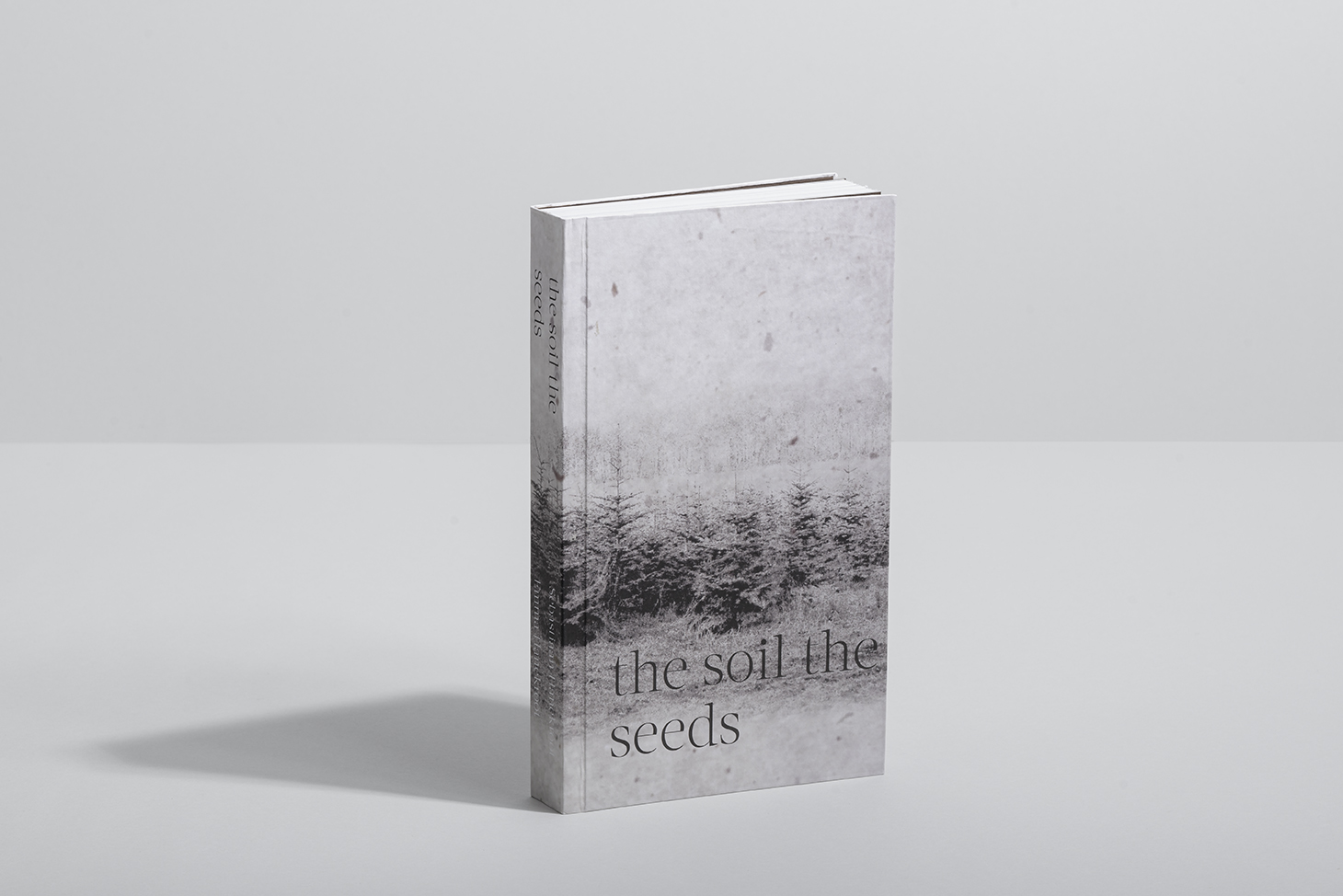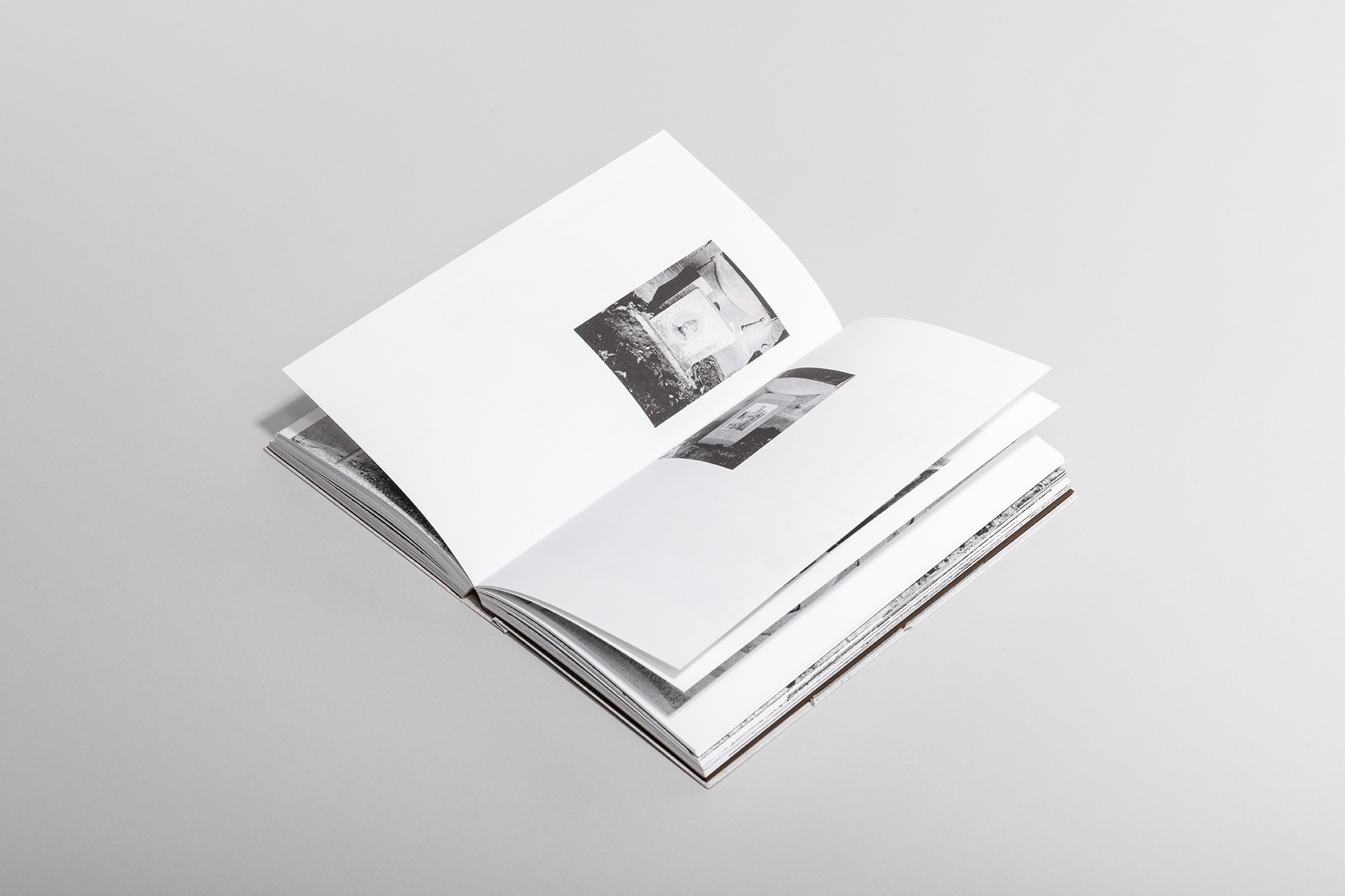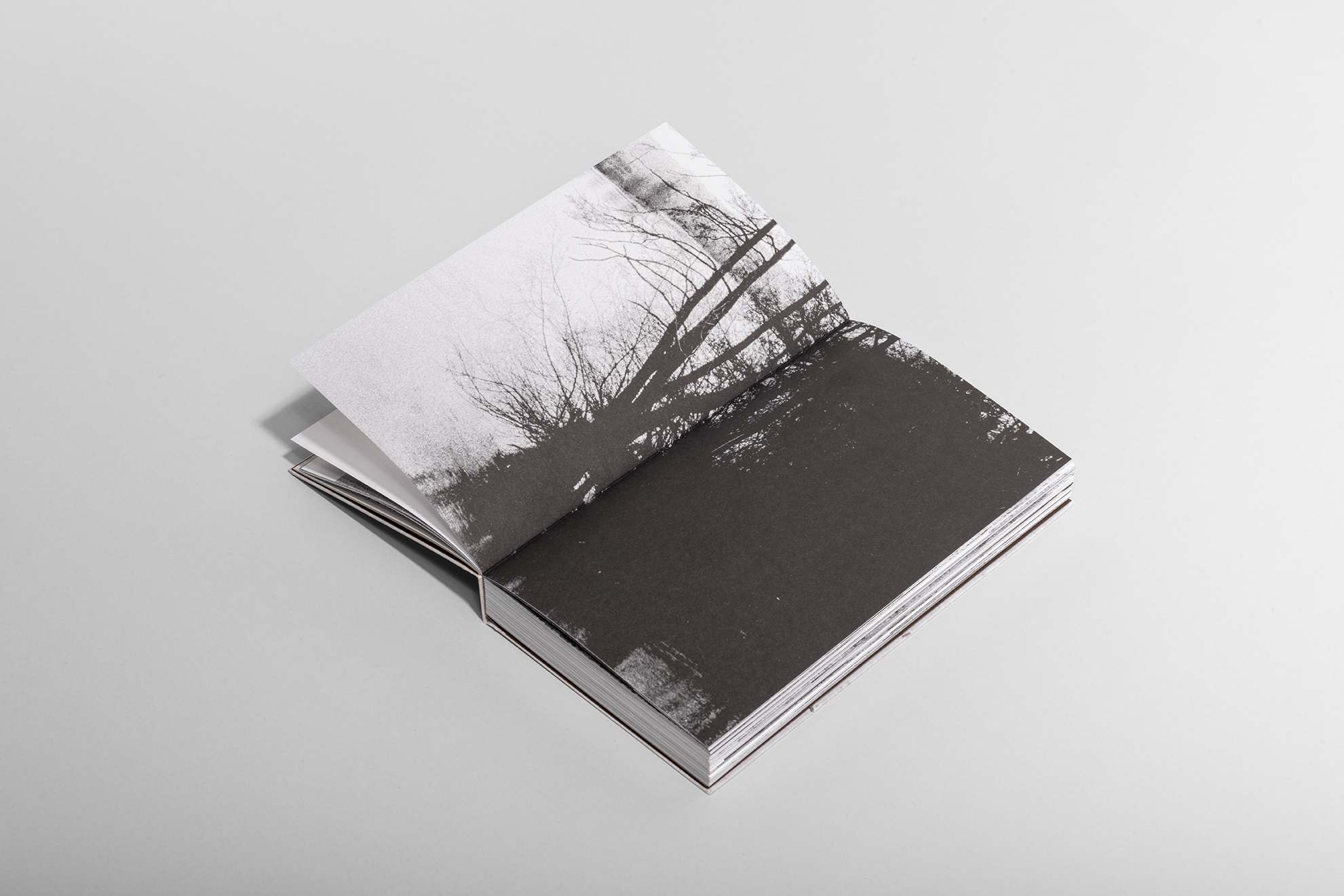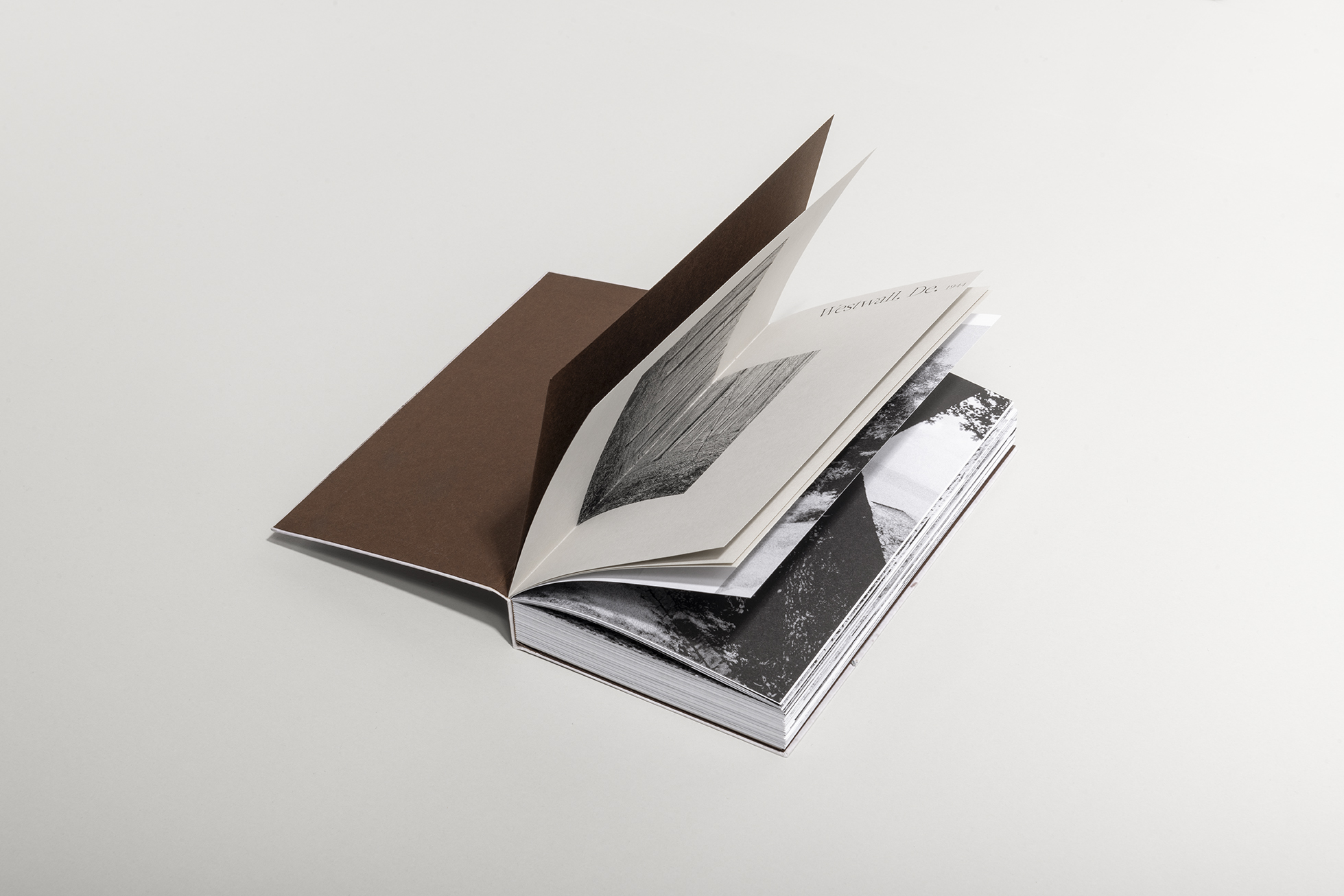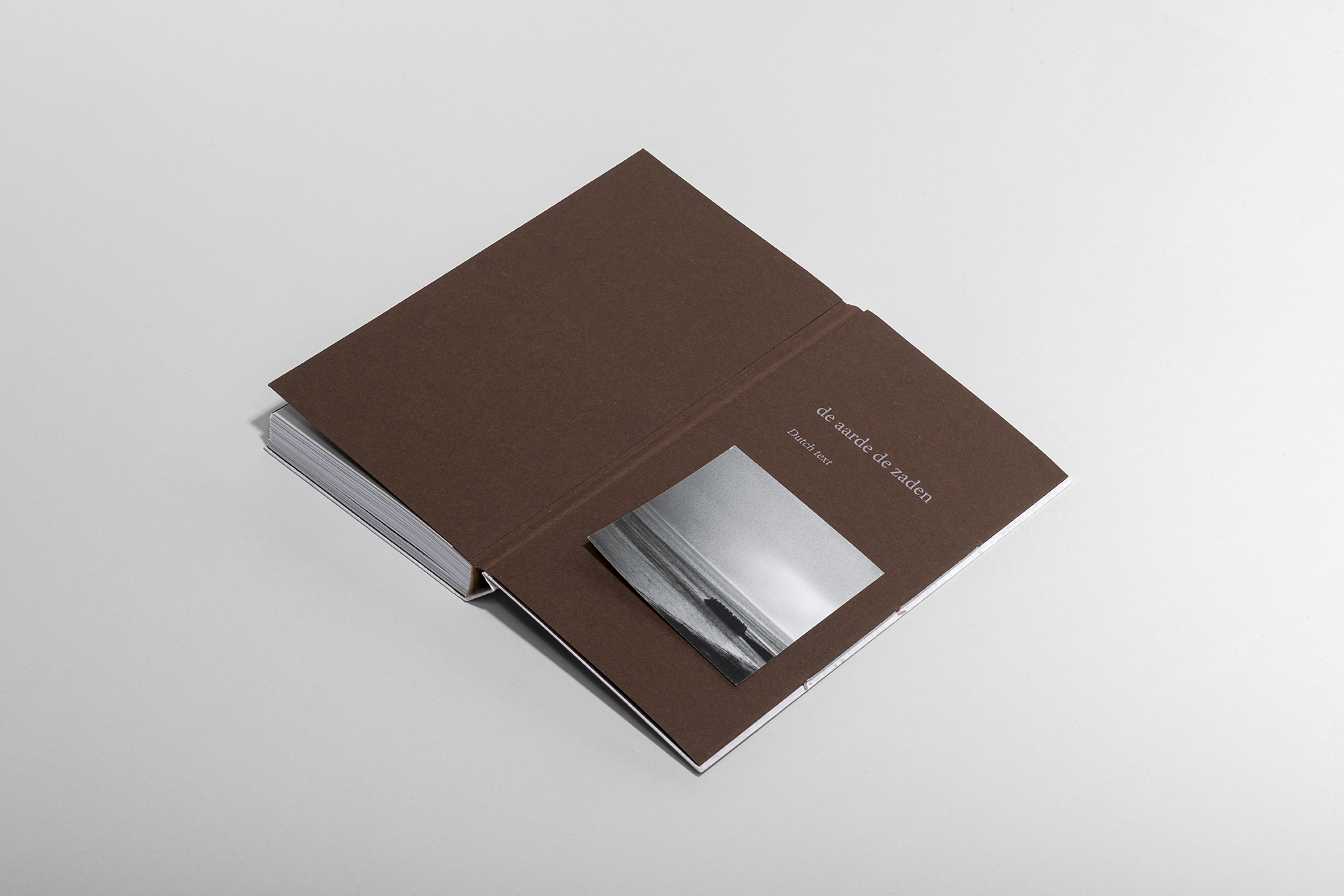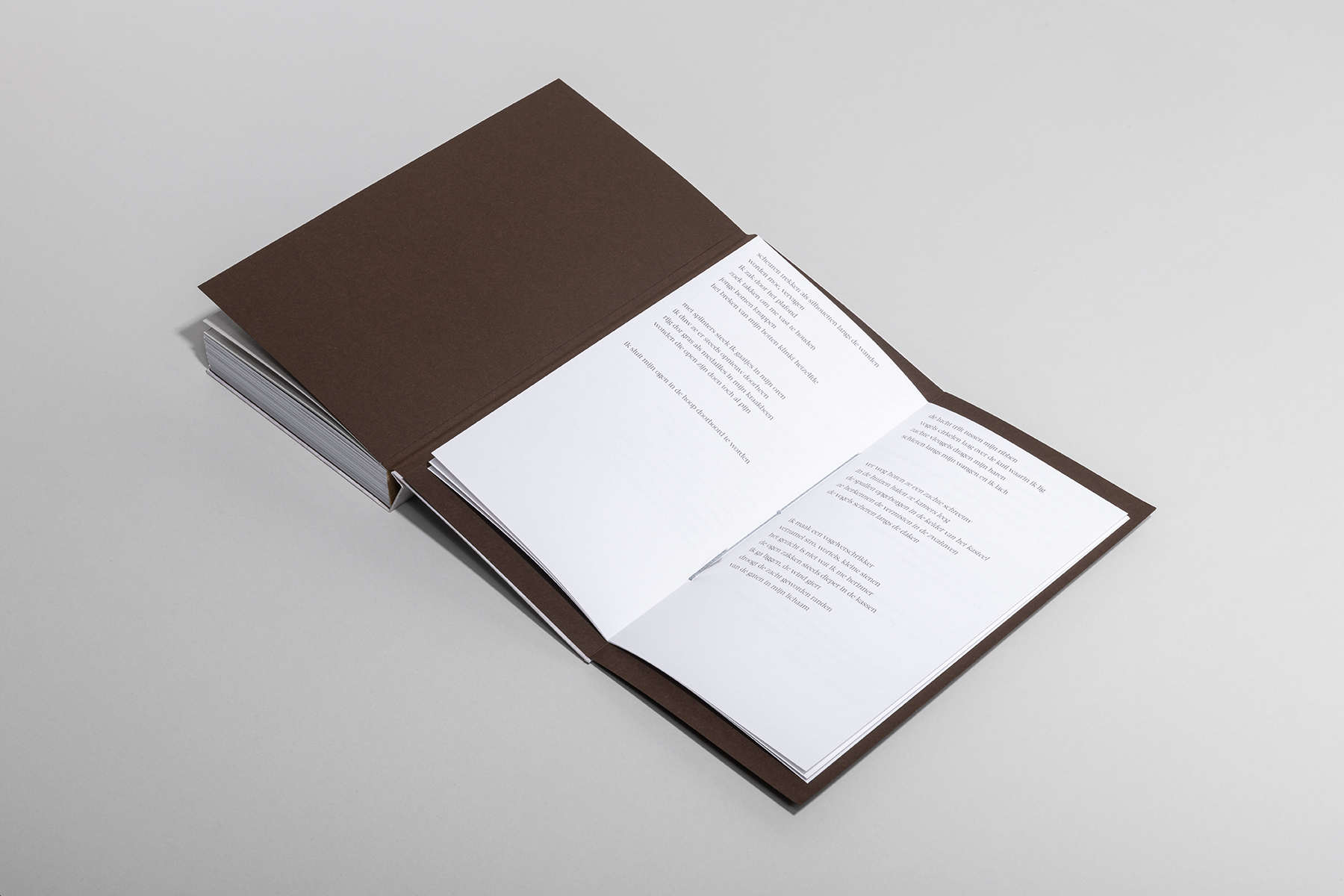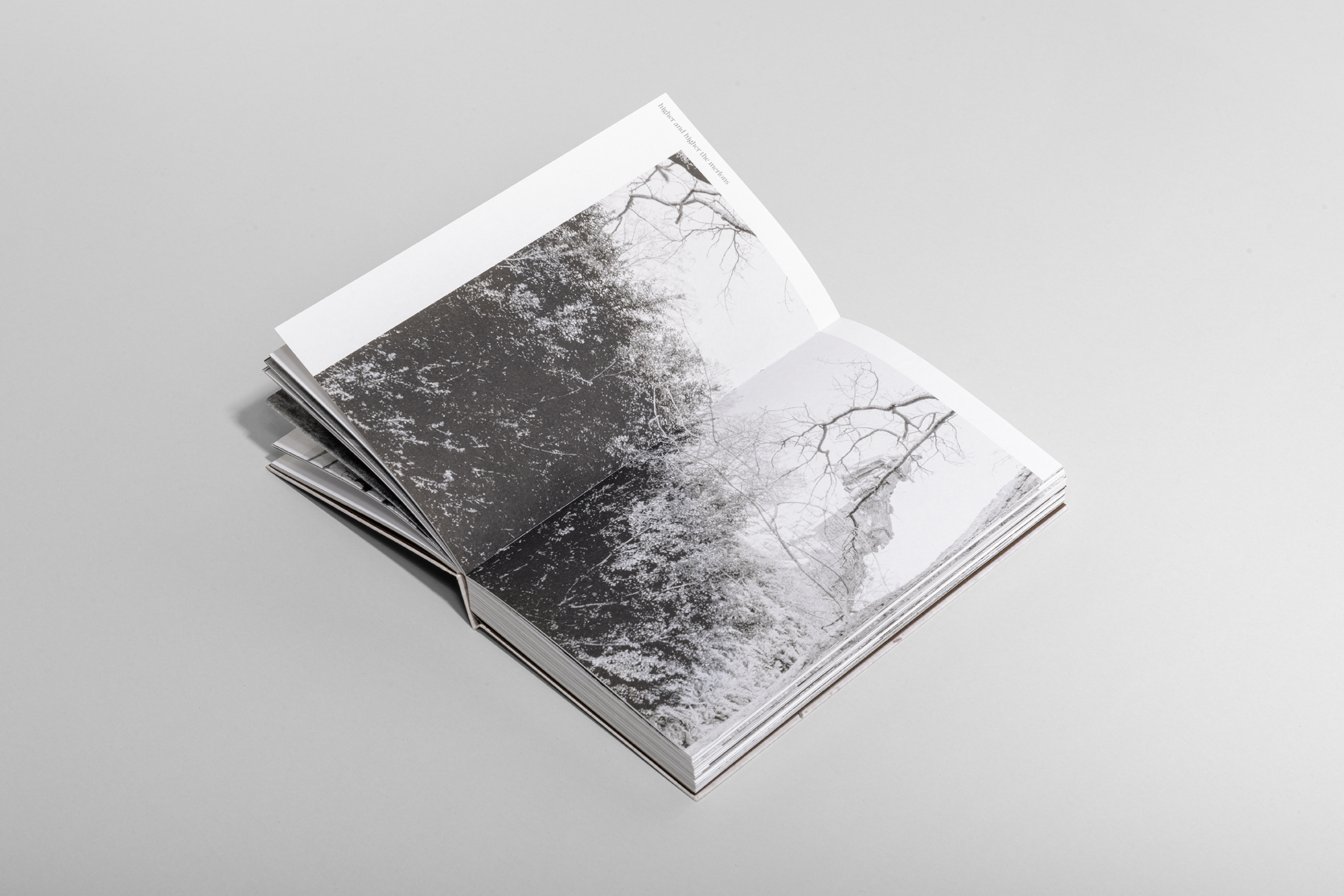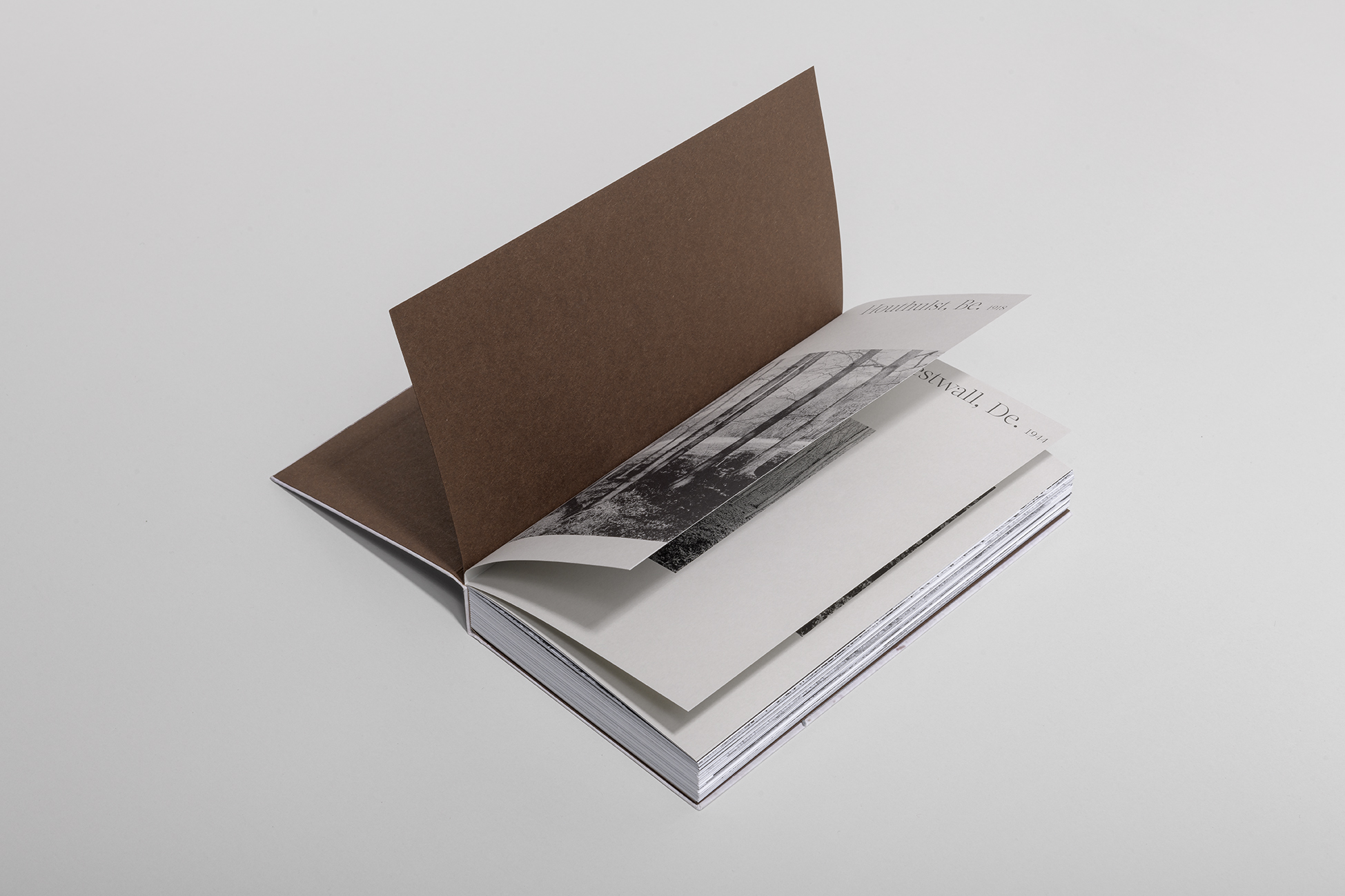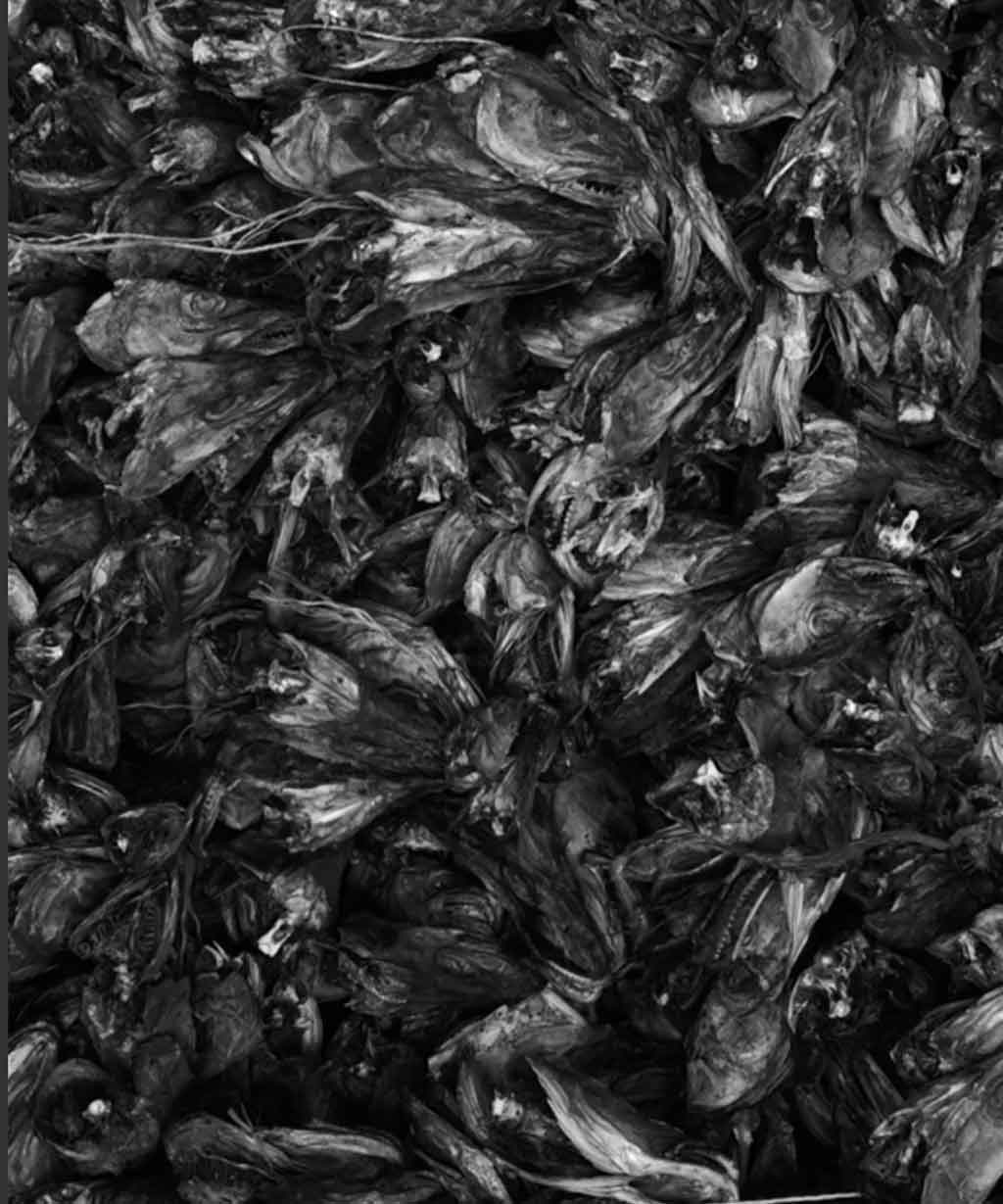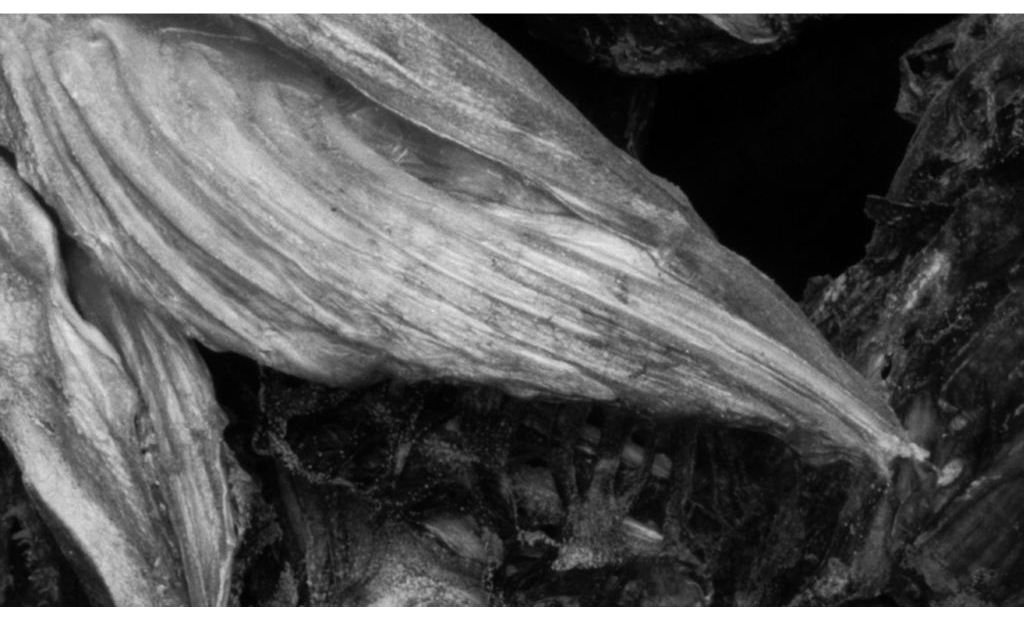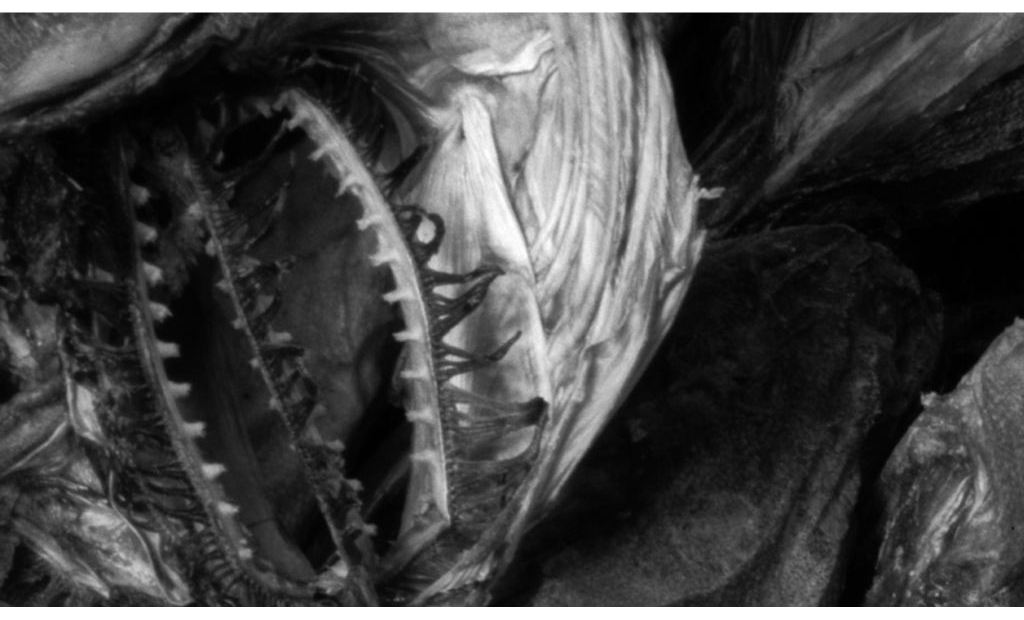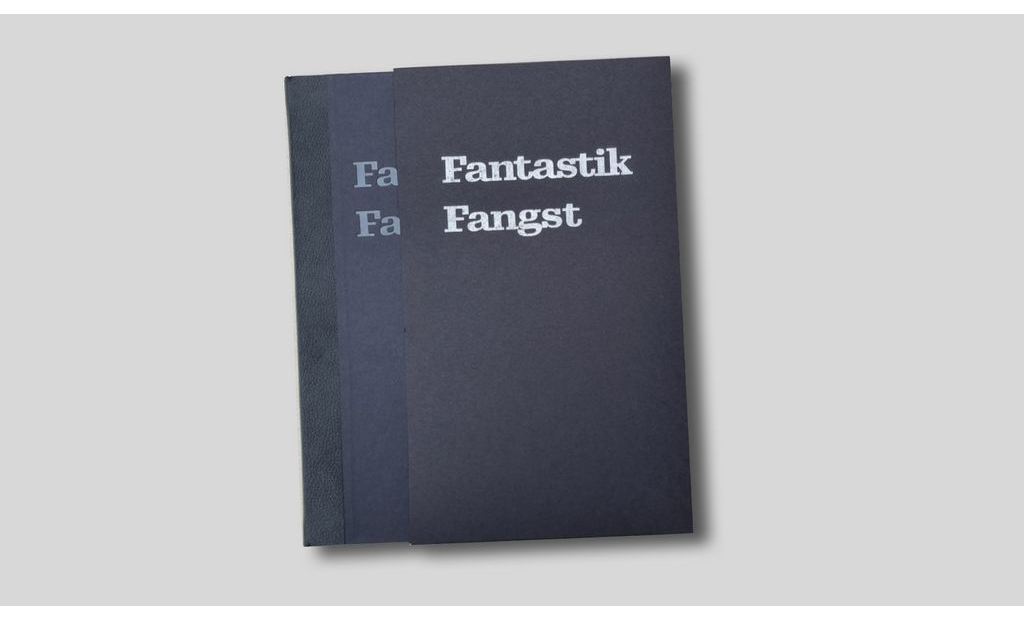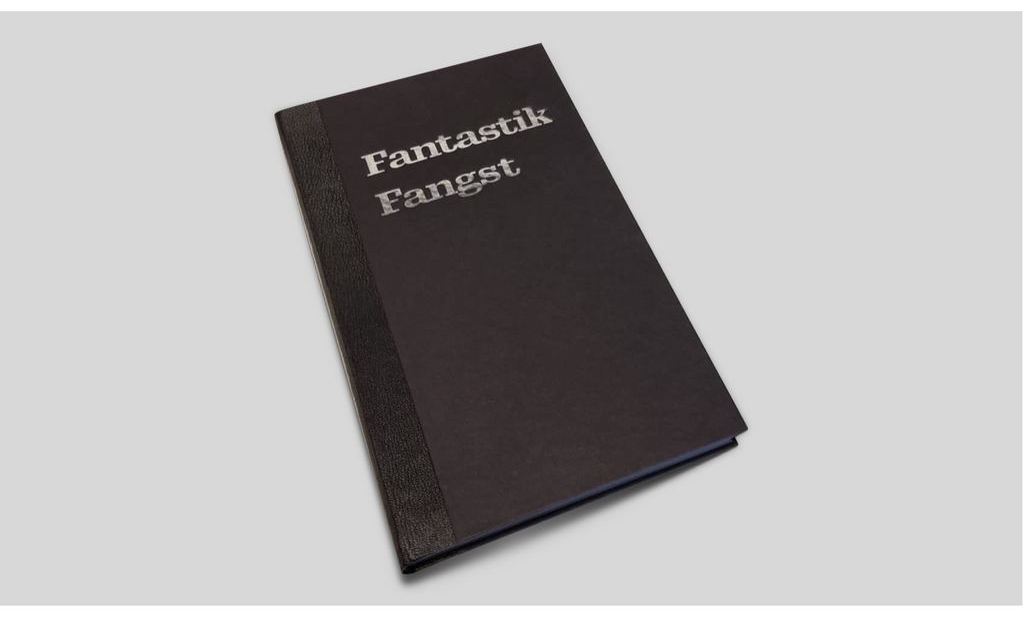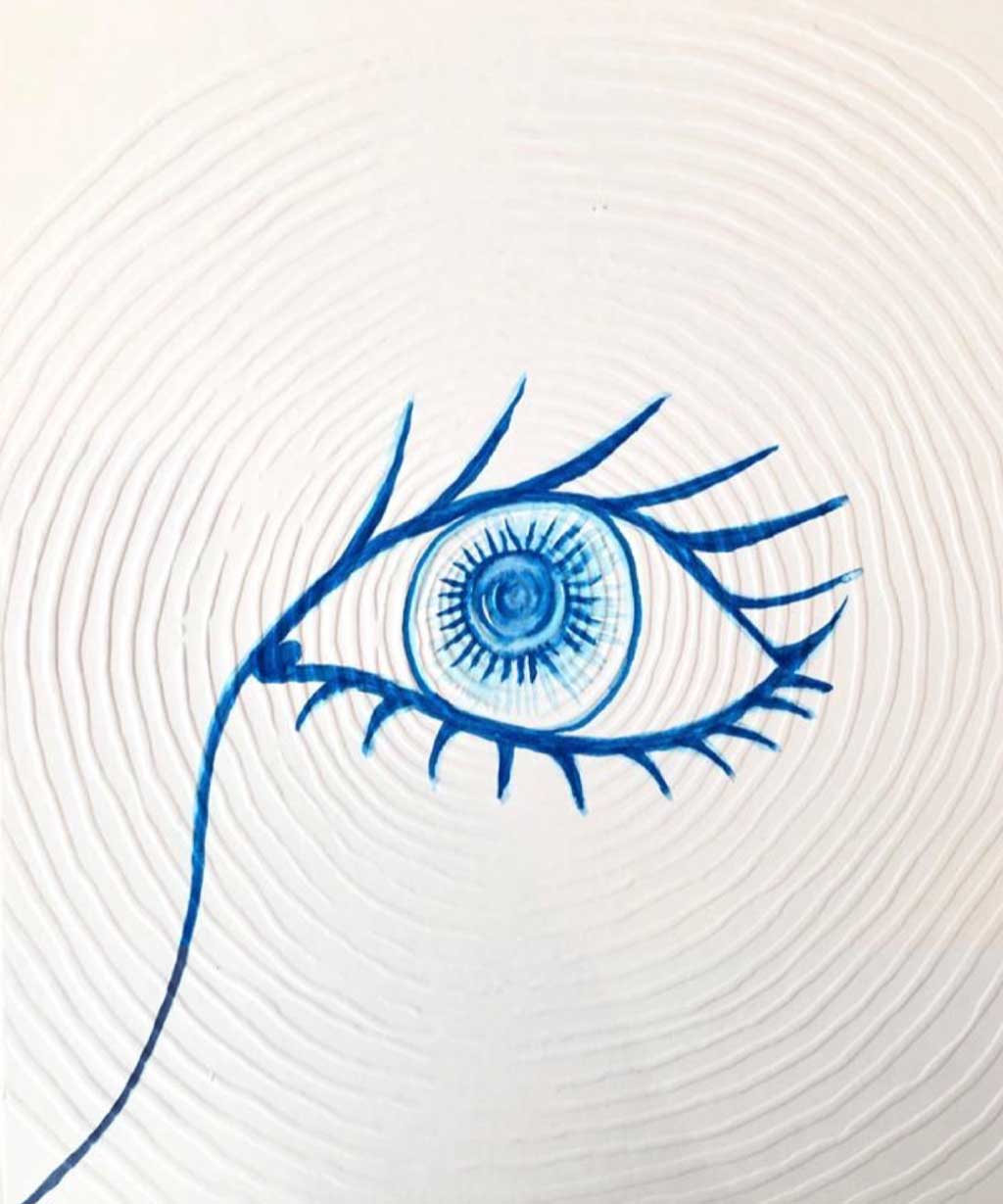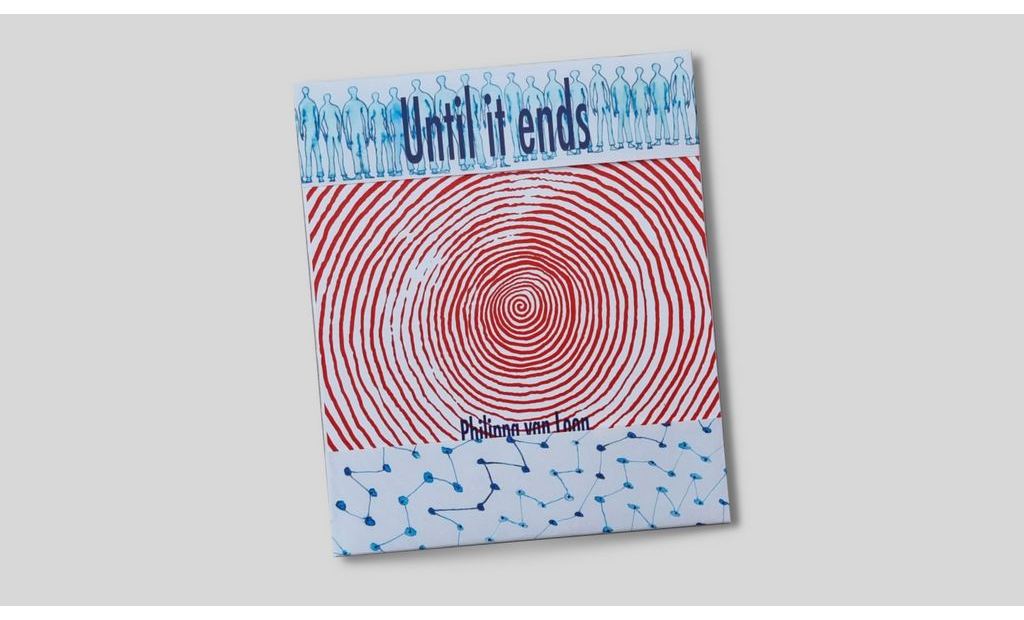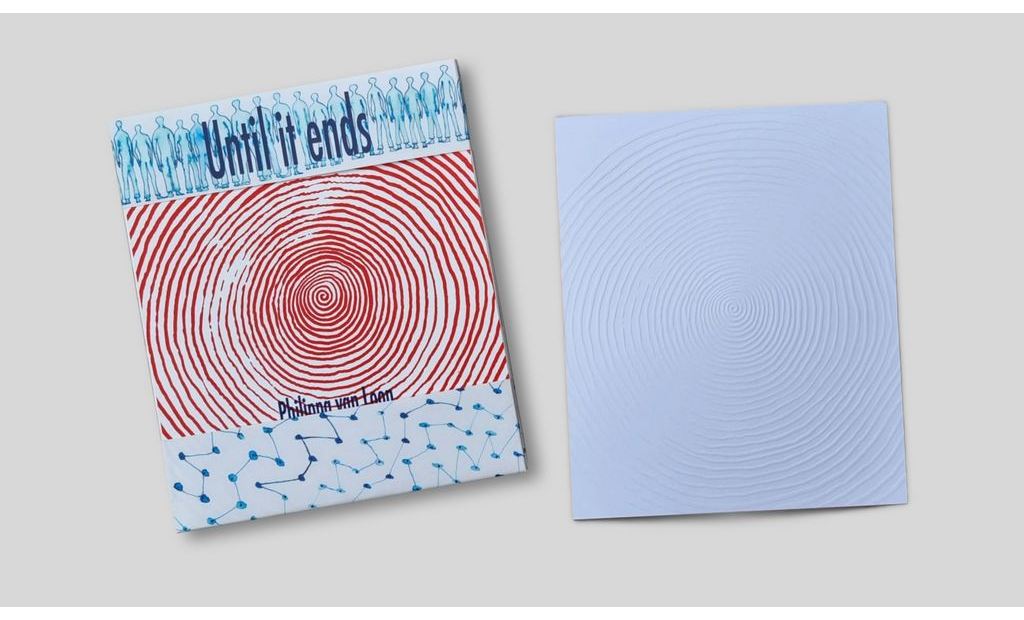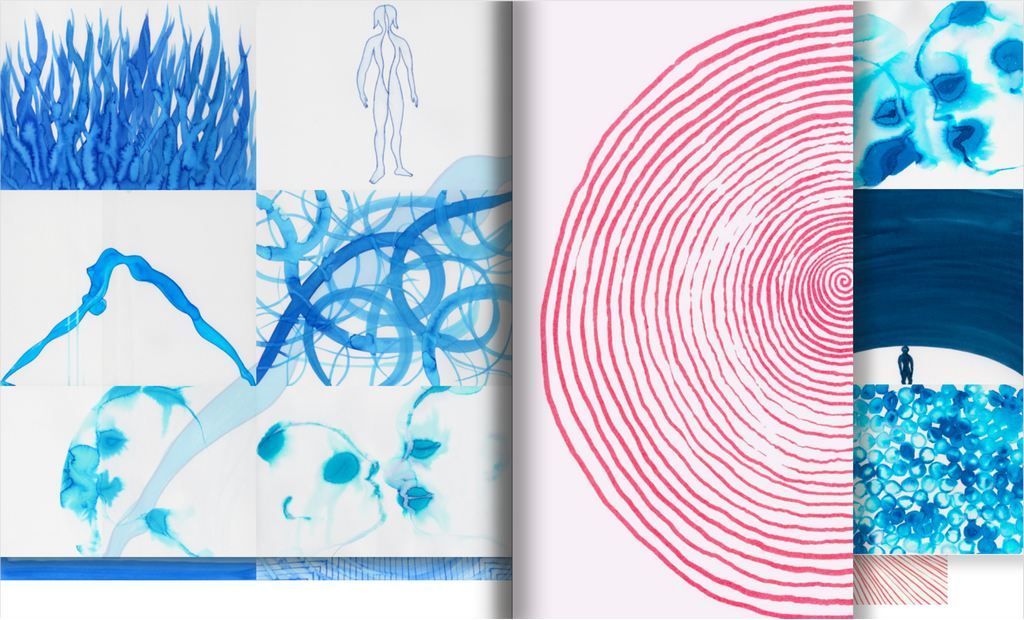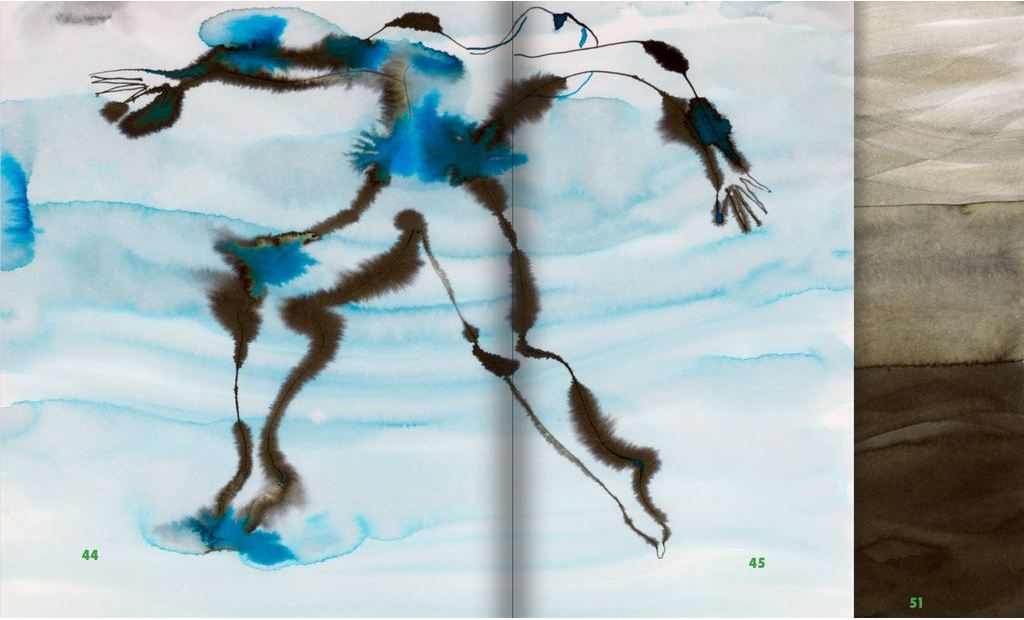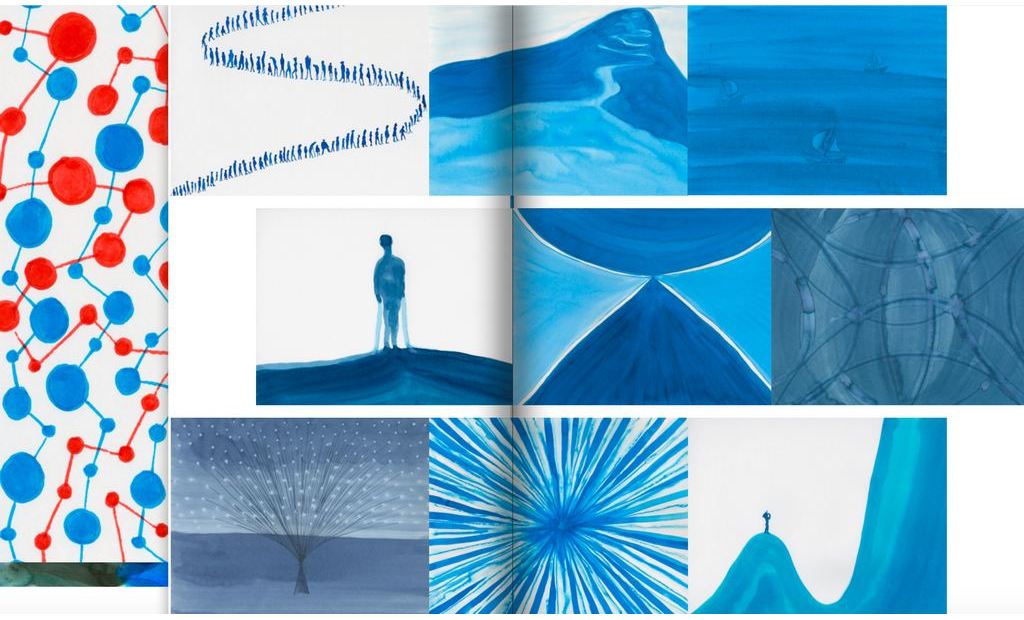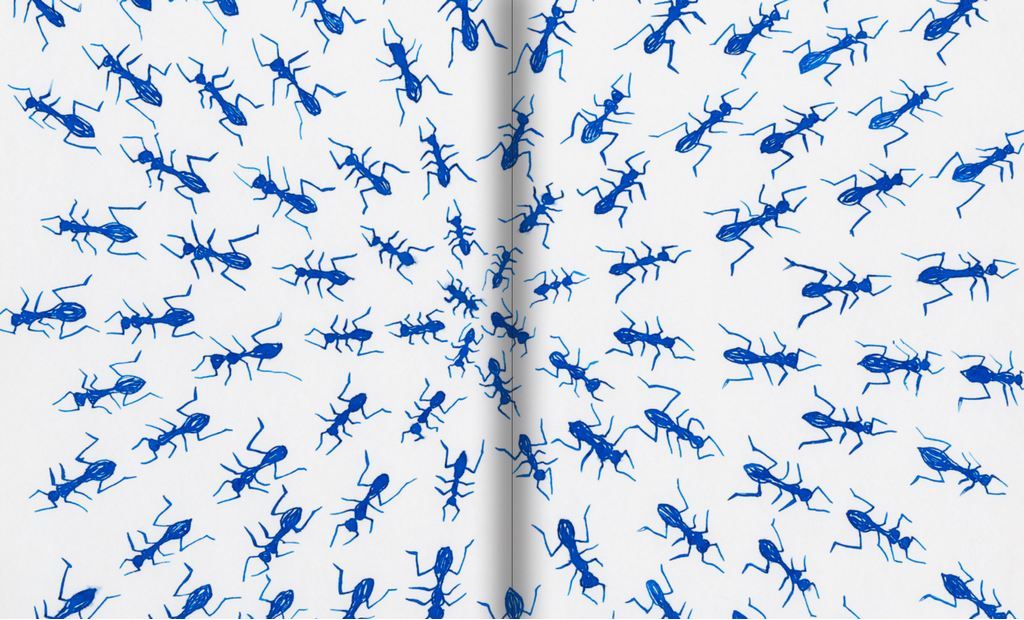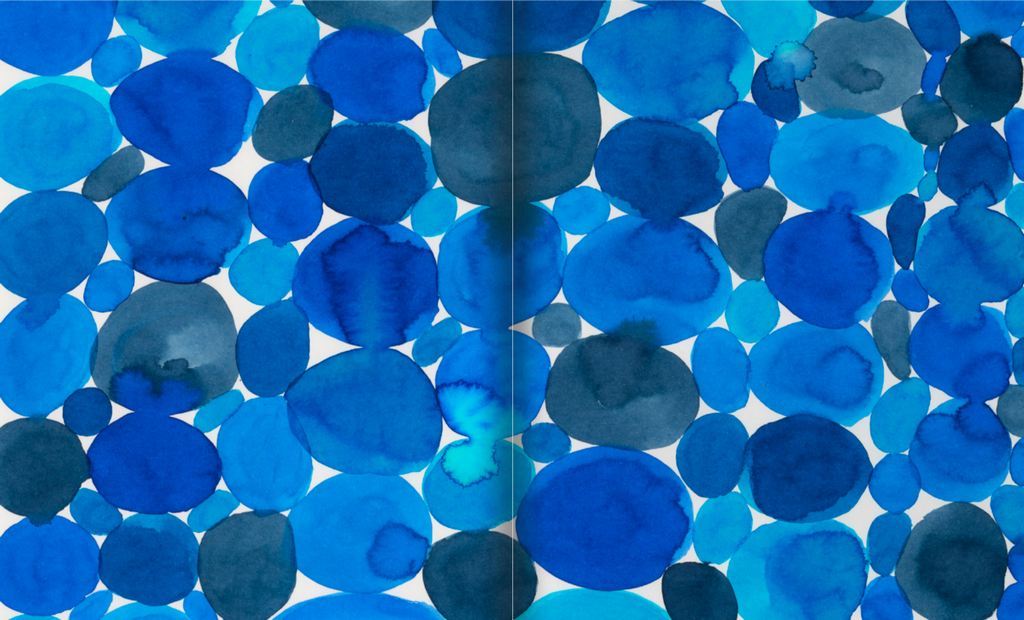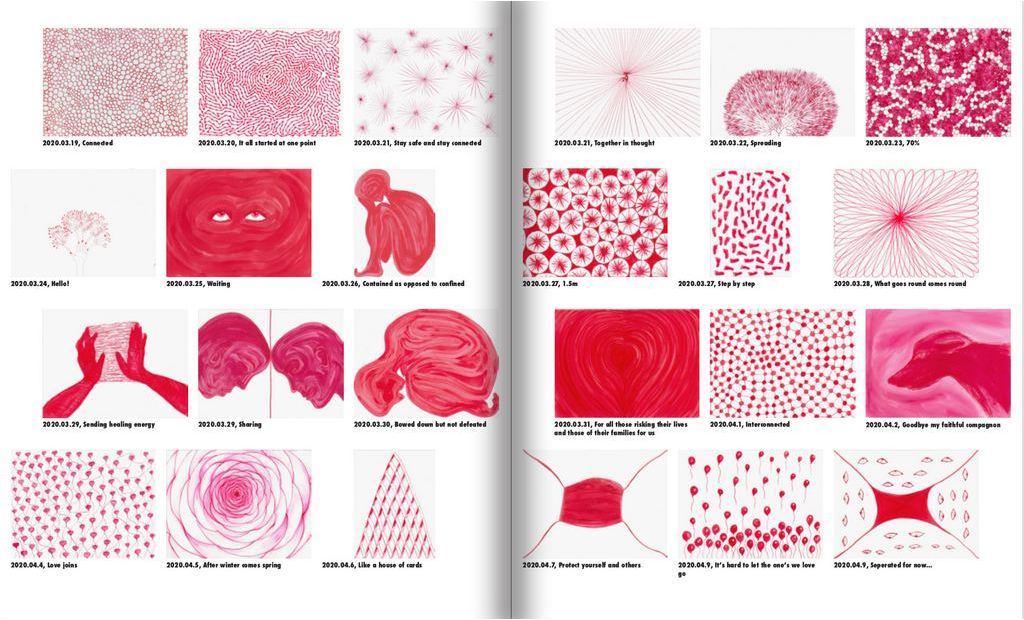Books
The soil the seeds |
€59,50 |
Sebastiaan Hanekroot |
Production
The soil the seeds
304 pages
12.5 x 20 cm portrait
Text in English with original Dutch text in separate booklet sewn in the back of the book.
Black and white photography printed in duotone
Handbound book with ultrathin boards and a special rough edge on the front of the book block.
Original print (8×8 cm) tipped in at the back of the book.
Photography: Sebastiaan Hanekroot
Text: Emma Hanekroot
Design: Sebastiaan Hanekroot
Topic
In ‘the soil the seeds’ layers of history in our daily lives are being investigated in photographs and poetic text.
Sebastiaan Hanekroot has been photographing over the past 25 years places in Europe where the great wars of the 20th century have taken place. Sebastiaan was born as the youngest in an extended family with a complicated history. The family had living memories of both great wars. The stories – often half told – became part of Sebastiaan’s life as a child.
Through his photography he tries to get a grip on these stories as well as he tries to understand certain emotions that live in him and which he can’t place clearly. This is a history that spans generations, Sebastiaan being the 3rd. Therefore it seemed interesting and fitting to him to ask his daughter Emma Hanekroot (performer and writer) as the 4th generation to write one of her poetic texts based on the theme.
Text and photographs in this book are two autonomous works. They share the same history as it came down through the generations. Why do we keep remembering these wars? Why is it so difficult to let go, even now that the people that lived through it have mostly died? Feelings of sorrow and loss that do not belong to the authors and yet still live on in them.
The design of the book is based on the idea that images, memories are floating all around us wherever we go. Like with a butterfly net Sebastiaan caught these bits and peaces in a blanc dummy resulting in photographs and texts not being ‘caught’ on the pages in a clean grid.
FANTASTIK FANGST |
€90,- |
Witho Worms |
Production
160 Pages internal. Printed in quad tone, black, grey and silver plus lacquer on 170gm Arctic Volume White. Page format 33cm x 19.5cm, in portrait. Title pages printed with a specially produced marble pattern. Sown binding with black thread in a half leather band with foil print and round spine, with leather head and tail bands. Every book includes a signed original print on 250gm Arctic High White paper. The books are inserted in a foil printed black slip case. Limited edition of 250 items.
Topic
The heads in the accompanying photo are Skrei. Skrei is the Norwegian name for the Cod-fish who live in the Barentz sea. Once a year, these Cod travel to the sea near Lofoten, a group of islands near the Norwegian town of Bøde.
At the end of January, millions of these Skrei swim back to the Barentz sea after travelling some 800 km, to mate and spawn in the same area they were born themselves.
Around the turn of the 19th century, roughly 30,000 fishers would follow these spawning rituals every year. In small boats, enormous amounts of fish were caught (adult Skrei can reach an average size of 80cm to 90cm and weigh from 8kg to 10kg).
To preserve the catch, the fish were dried. The heads were cut off and the bodies cut in half along the spine of the fish. The two halves, held together by their tails were hung to dry from racks or laid to dry on the rocks. After several months of drying the fish were able to be kept for long times and exported.
Catching the large mature fish impacts their reproduction. Intensive fishing lowered the reproductive age of the Skrei down to 4 years of age. It’s a miracle that the Skrei population survived at all. Government regulation and quotas have allowed the population of Skrei in the Barentz sea to rebuild to sustainable numbers over the past few decades.
The fish drying operations in Lofoten continue to this day. A lot of fish is still exported to European countries such as Portugal (baccalao) and Italy (stoccofisso, baccala). The heads are mostly exported to African countries.
Design
The book has been created using a single negative. In the first 4 pages, the negative has been divided in 4 segments, 2 x 2. In order to print a complete reproduction, next we made 9 cut-outs, and then: 3 x 3, 4 x 4, 5 x 5, 6 x 6, 7 x 7. In the last section of the book, the negative has been divided in 49 segments or pages. In total there are 139 different cut-outs plus a number of strongly magnified details. Even though no two pages in the book are the same, the whole negative is ultimately reproduced six times throughout the book. The print of the entire negative is the seventh and is included as a numbered and signed limited edition print with the book.
UNTIL IT ENDS |
€180,- |
Philippa van Loon |
Production
96 Pages internal, printed in full colour on Arena Natural Rough 140gm and 90gm. Page format is 24cm x 29cm in portrait. Sown with 2 colour thread including two double fold-outs and other surprises. Bound in flexible hard cover with boards printed letter press. Books are inserted in a slipcase each individualy adapted by the artist. Limited edition of 250.
Subject
Since the start of the Covid-19 pandemic in Holland, Philippa van Loon made daily drawings and posted these on het Instagram page. Her Corona diary includes more than 400 drawings. Topics such as isolation, hopelessness, and the need for connection come back time and again. Some 300 drawings from the diary have been included in this book. The book will be launched on Thursday 25th November 2021. The book is a joint venture with 3B Publishing and the artist. Besides the book launch there will be an exhibition of more than 200 of Philippa’s drawings.
Philippa van Loon: “My inspiration for these drawings came from news reports, social media, conversations with friends and whatever I felt in the moment, just like any other diary that is used to record things. Sometimes I knew I wanted to make a drawing about a specific topic such a job losses or the American presidential elections. Other times I’ve drawn whatever comes up for me.”
“The drawings in the corona diary became my way to communicate with friends and likeminded people around the world. Since the beginning of the pandemic lockdown in Holland, I found I had a lot more time available to spend on my own in my studio. An enterprising friend of mine created a group app to bring together 50 extraordinary women I’d never met before, from around the world. Because I express myself best visually, I started drawing for them.”
“It worked and we connected. Ever since I have created drawings almost every day, about the pandemic, world politics, climate change, natural disasters, sometimes about personal challenges, spiritual issues, psychological problems – stuff I felt was relative to a worldwide collective of thought and experience.”
All drawings have a title and a date that are intrinsically part of the work. The drawings are varied in style and technique: Some are figurative, others abstract, some are drawn with fine lines, others with rough brushes and big splashes of colour, some are minimal and others are intricate and expansive. The different stages in Van Loon’s corona diary are expressed using colour: red, pink, blue, black, brown, green and multicoloured. The colours are reflective of the moods and emotions of the works.
Philippa van Loon: “There is a ritual side to the book. The daily rhythm of the diary; until the lockdowns end. That’s the goal I set myself. A kind of prayer that we’ll get through this together as long as I continue drawing. A way of sensing that this imposed isolation will not keep us apart, and that we can share and feel supported all round the world, no matter where we are, what language we speak or what social circumstances we are in. It is comforting to recognise that others have similar experiences to ourselves, or at least that others hear, see and feel our challenges.”
The artist
Phillipa van Loon was born in 1965 in Chicago as the only daughter of Maurits van Loon, professor of archaeology at the UvA and her artistic mother Ghislaine van Loon – de Valois. In the eighties Philippa studied sculpture at the Chelsea School of Art & Design in London. These days she lives in Amsterdam with her husband and three children. Besides working as an artist Phillipa is involved in the continual development of the Museum van Loon in the Keizersgracht in Amsterdam, where she regularly curates exhibitions.
After Van Loon’s successful exhibitions “Natural Born Rebel” in 2017 (in which she transformed her nobility born aunts and uncles to punk icons), and “Unmasked” in 2018 (in which she took her transformations of family portraits to the next level). The book will be launched on Thursday 25th of November at 18.00hrs in Van Loon’s own studio at 518 Herengracht in Amsterdam. The exhibition will be open to visitors up until Sunday 12th December.
Bijzondere Boeken Brigade
Sebastiaan Hanekroot
+31657586176


